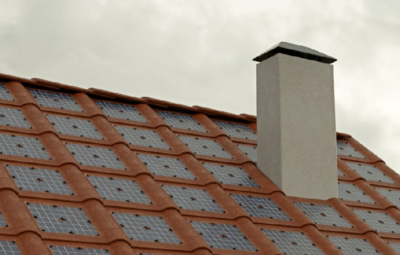Leak Detection – If you’ve noticed a leak in your roof, your first instinct is to get it fixed immediately. But before you call and schedule work, there are several important steps that can help you determine the source of the leak and prevent damage from occurring to your property. It may even save you money!
What to Look for When Determining Roof Leaks
There are three sources of leaks that can damage your property. But to know which one you’re dealing with, you have to first determine the location of the leak.
To do this, hold a garden hose up toward the roof and assume there’s a leak on the side facing away from you when it starts raining. If you start seeing a puddle of water, then you’ve determined the general area where the leak occurred.
Identifying Other Roof Leaks
Now that you know where your roof leaks, it’s time to determine which one of three types is causing it:
Rusted or damaged shingles – Although different types of shingles can be affected, this is usually the culprit of metal roofs.
Asphalt shingles, on the other hand, tend to get damaged by the sun and are more likely to appear as a black tar spot than as actual holes.
Nail pops – This type if leak occurs when nails that have been hammered into your roof start to rust or bend. Therefore, nail pops are only prevalent in asphalt shingles.
Wind damage – This is the most common cause of leaky roofs since wind is a natural force that affects every roof from time to time.
Although these sources may all lead to water damage on your property, there’s no need for concern if you’re prepared ahead of time. Just contact a Phoenix based roofer, schedule an inspection, and get the leak fixed as soon as possible to prevent mold growth and water damage.
Blocked Gutters and Clogs So You Can Avoid Water Damage
When water runs off your roof through gutters, it’s easy for clogs or blockages to become lodged inside of them. This is usually caused by leaves, twigs, or other debris that builds up over time. When this happens, water will end up leaking straight through your roof instead of making it into the gutters and being carried off to another location.
To prevent this from happening to you and prevent major property damage in the process, make sure to clear out any debris inside of your gutters regularly. This will ensure that water can make it into the gutter drainage system and be carried away from your home without any problems.
If you’re unsure of how to do this, or if the debris inside of your gutters is too large for you to get out on your own, don’t hesitate to call a professional. They can take care of the job for you and make sure that water doesn’t leak through the roof and damage your property in any way.







